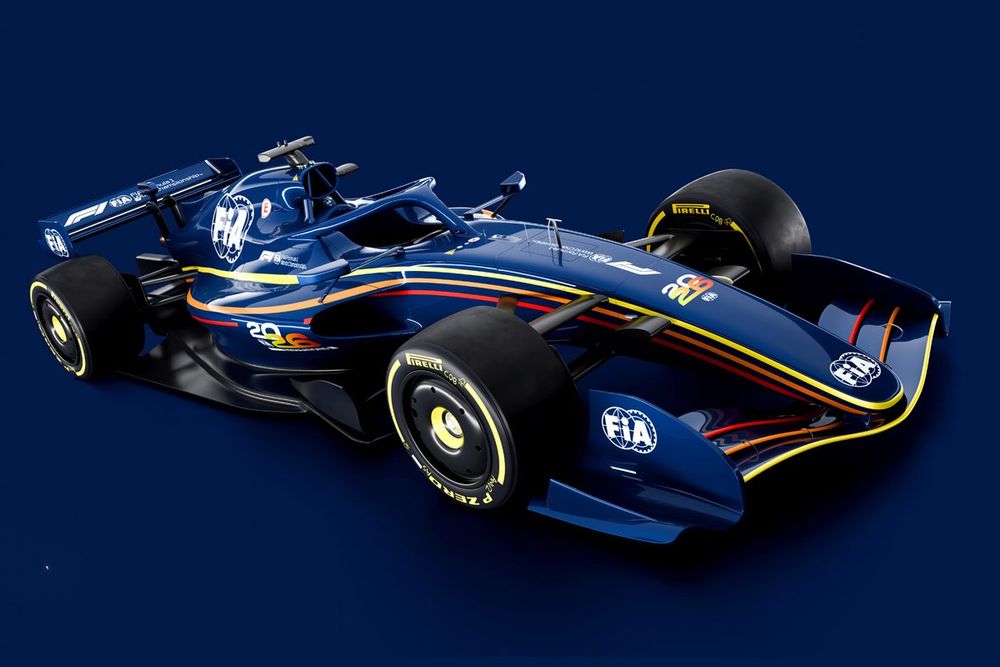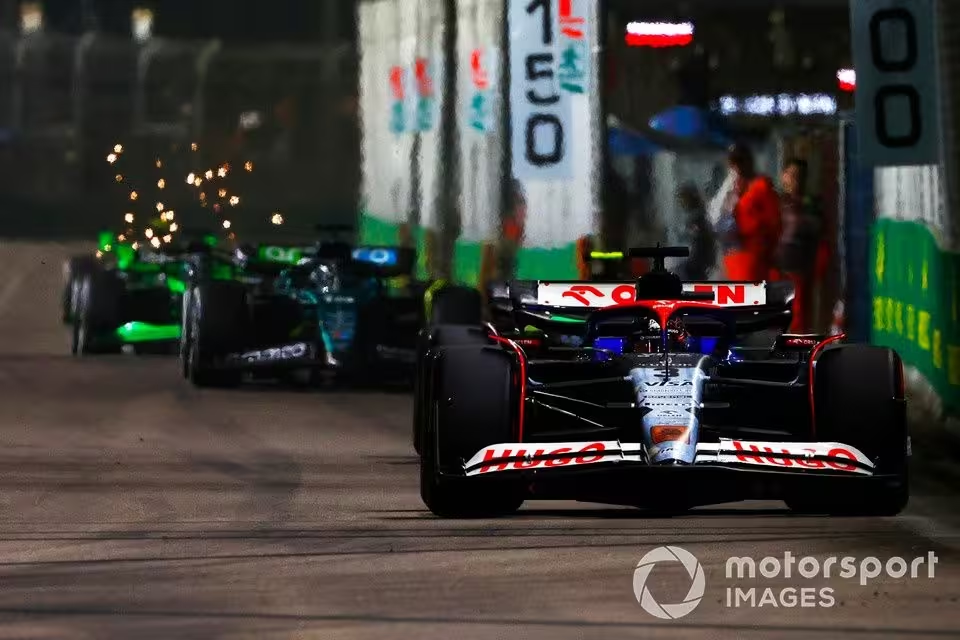Formula 1 will scrap the fastest lap point for the 2025 season, and will boost young driver running at grands prix.
The FIA’s World Motor Sport Council rubber-stamped the rule changes as it gathered on Thursday to discuss a wide range of topics across the championships it sanctioned.
From next year, F1 will no longer award an extra point to the driver who has set the fastest lap of the race.
The fastest lap point was introduced in 2019 as a way to spice of the action and give drivers who finish in the top 10 something extra to race for.
It also unlocked some strategy options for teams to try and deny their direct rivals the extra point.
But the fastest lap point never really delivered on its promise to improve the spectacle, and usually fell prey to drivers who happened to have a large gap to the car behind them, so they could make a late pitstop for fresh tyres to collect the point.
The rule was further put under the spotlight at last month’s Singapore Grand Prix, where RB’s Daniel Ricciardo snatched the point away from McLaren driver Lando Norris.
Daniel Ricciardo, RB F1 Team VCARB 01
Photo by: Sam Bloxham / Motorsport Images
Norris is involved in a title fight with Max Verstappen, driving for RB’s parent team Red Bull, which reignited discussions over alleged collusion between the two squads.
F1 will now do away with the extra point from the 2025 season onwards, restoring the 25 points for a race win as the maximum number of points a driver can score in a grand prix.
Young driver FP1 outings doubled
The FIA also approved plans to double the amount of free practice time reserved for young drivers. From 2025, teams will now have to hand a Friday first practice session to a rookie driver on two weekends per car, up from one session per car.
The move comes in the wake of plans for a rookie sprint race at Abu Dhabi’s post-season test being called off for 2024, with F1 set to revisit the idea for 2025 instead.
The rookie sprint was conceived as an opportunity to give more seat time in a current F1 car to young drivers, and F1 has now come to a different solution to expand on the precious little testing time that is available.
As discussed in the most recent F1 Commission, the council agreed to a raft of changes and refinements to the all-new 2026 F1 technical regulations.

F1 2026 FIA car renders
Photo by: FIA
According to the FIA’s summary the chassis rules “will see a higher performance from the cars, while…
Click Here to Read the Full Original Article at Autosport.com – Formula 1 – Stories…

